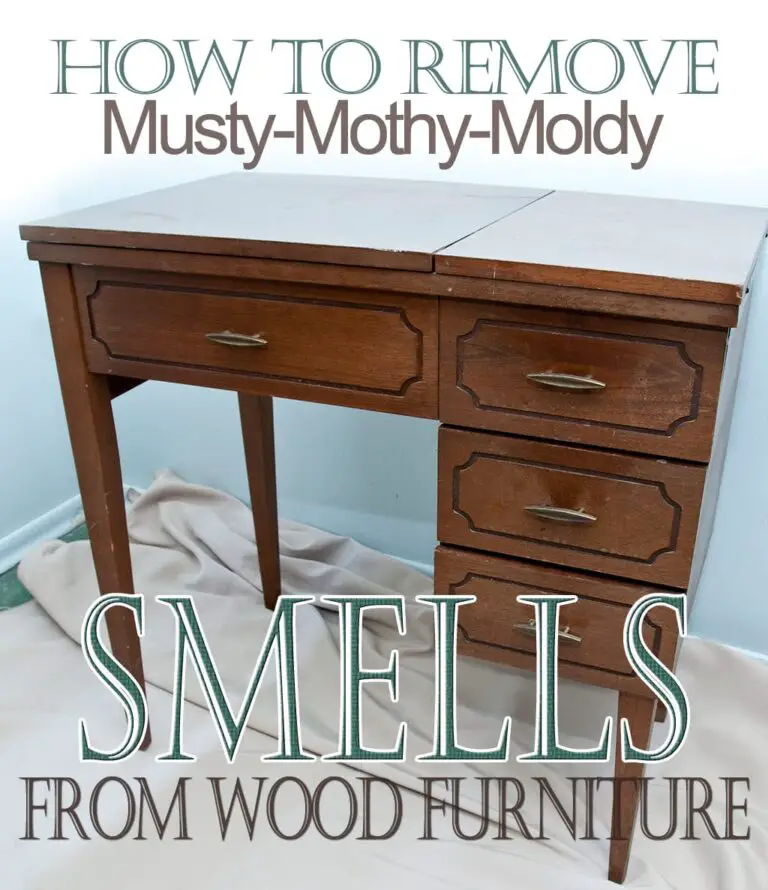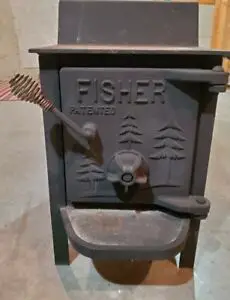What is the Best Wood to Use for a Fence : Choosing the Perfect Material
When it comes to choosing the best wood for your fence, there are several factors to consider. From the durability and cost to the aesthetic appeal and maintenance, the type of wood you choose can greatly impact the overall quality and longevity of your fence. In this article, we will explore some of the most popular wood options for fencing and discuss their respective pros and cons to help you make an informed decision.
1. Cedar
Cedar is one of the most popular choices for outdoor projects, including fencing, and for good reason. It is known for its natural resistance to rot, decay, and insect infestations, making it an ideal option for a long-lasting and low-maintenance fence. Additionally, cedar has a beautiful natural reddish-brown color that can complement any outdoor landscape.
| Pros | Cons |
|---|---|
| Highly durable | Higher cost compared to some other wood options |
| Naturally resistant to decay and insects | Requires staining or sealing to maintain its color |
| Attractive natural color |
2. Redwood
Redwood is another popular choice for fencing due to its natural beauty and durability. Like cedar, redwood contains natural oils that make it resistant to rot, decay, and insect damage. The rich, reddish-brown color of redwood can add a touch of elegance to any property, making it a favored option for homeowners seeking a high-end look for their fence.
| Pros | Cons |
|---|---|
| High resistance to decay and insects | More expensive than some other wood species |
| Naturally beautiful color and grain | Requires regular maintenance to preserve its appearance |
| Long lifespan |
3. Pressure-Treated Pine
Pressure-treated pine is a cost-effective option for those looking to install a wood fence on a budget. The treatment process involves infusing the wood with chemical preservatives, making it resistant to rot, decay, and termites. While not as naturally durable as cedar or redwood, pressure-treated pine can last for many years with proper care and maintenance.
| Pros | Cons |
|---|---|
| Affordable option | Initial greenish tint that fades over time |
| Resistant to rot, decay, and insects | Requires regular maintenance and resealing |
| Readily available |

Credit: www.blicksfencing.com
4. Cypress
Cypress is a durable and naturally insect-resistant wood that is well-suited for outdoor applications, including fencing. It offers a unique aesthetic with its light color and distinct grain patterns. While cypress may not be as widely available as other wood species, it is a popular choice for those seeking a more distinctive and environmentally friendly fencing option.
| Pros | Cons |
|---|---|
| Naturally resistant to insects | Can be more difficult to source |
| Distinctive color and grain patterns | May require special ordering |
| Durable and long-lasting |
5. Douglas Fir
Douglas fir is a strong and resilient wood that is often used in construction and outdoor projects. While it may not possess the natural resistance to decay and insects found in cedar or redwood, it can be treated to enhance its durability and lifespan as a fencing material. Douglas fir offers a warm, reddish-brown color that can add a rustic charm to any property.
| Pros | Cons |
|---|---|
| Strong and durable | Requires treatment for improved resistance to decay and insects |
| Attractive color and grain | Prone to splitting and warping if not properly maintained |
| Widely available |
Frequently Asked Questions On What Is The Best Wood To Use For A Fence : Choosing The Perfect Material
What Are The Best Wood Options For A Fence?
Cedar, redwood, and pressure-treated pine are popular choices due to their durability and resistance to decay.
How Do I Determine The Right Wood For My Fence?
Consider factors like climate, maintenance, cost, and aesthetics to choose the best wood for your specific needs.
Can Any Type Of Wood Be Used For A Fence?
While various wood types can be used, select species known for their durability, resistance to decay, and aesthetic appeal.
What Is The Average Lifespan Of A Wood Fence?
With proper maintenance, a well-built wood fence can last 20-30 years, varying based on wood type and environmental conditions.
Conclusion
When determining the best wood for your fence, it’s essential to consider factors such as budget, maintenance requirements, aesthetic preferences, and environmental impact. While cedar and redwood are prized for their natural durability and beauty, they come with a higher price tag. Pressure-treated pine provides a more affordable option, albeit with the need for regular maintenance. Cypress and Douglas fir offer unique characteristics that may appeal to homeowners seeking a distinctive look for their fence.
Ultimately, the best wood for your fence will depend on your specific needs and priorities. Whether you prioritize longevity, aesthetics, or cost-effectiveness, there are various wood options available to suit your preferences. By carefully weighing the pros and cons of each type of wood, you can make an informed decision and create a beautiful and long-lasting fence that enhances your outdoor space.




